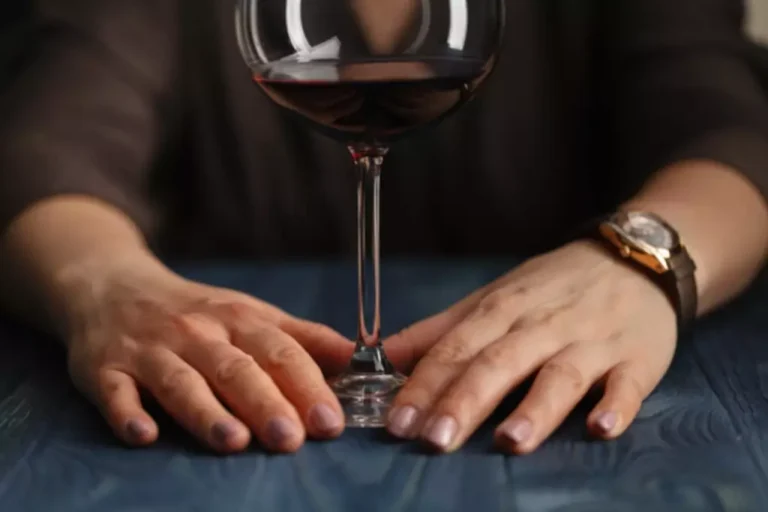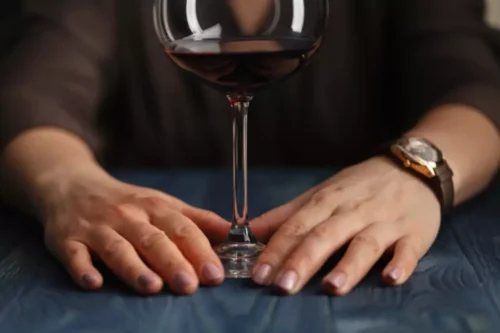
Understanding the connection between alcohol and night sweats, as well as recognizing the common symptoms, can help individuals make informed decisions and take appropriate actions if needed. If night sweats become persistent or significantly impact sleep quality, it’s advisable to consult a healthcare professional for further evaluation and guidance. Night sweats are one of the many withdrawal effects that alcohol makes me sweat make quitting alcohol so difficult without medical supervision.

Get Help With Alcohol Addiction
This can be particularly distressing for individuals undergoing detoxification. Alcohol affects multiple systems in the body, including the central nervous system and circulatory system. One of the primary ways alcohol induces night sweats is by increasing heart rate and widening blood vessels in the skin, which can lead to excessive sweating. Night sweats are episodes of excessive sweating that occur during sleep, often leading to damp or soaked sheets and clothing.
Residential Treatment Centers Not Always Possible for Recovery
However, when alcohol is involved, this sweating process can become excessive, leading to night sweats. The effect is more pronounced when alcohol is consumed in substantial amounts or over a short period, commonly referred to as binge drinking. Remember, managing alcohol-related night sweats is a gradual process. It may take time to find the right balance and identify the strategies that work best for you. Alcohol has a dehydrating effect on the body, which can contribute to night sweats.
- This is often accompanied by facial flushing and excessive sweating.
- The presence of unmetabolized toxins in the bloodstream triggers a range of physiological responses, including increased sweating.
- The hyperactivity of the nervous system during withdrawal increases body temperature, causing sweating even during sleep.
Seeking Medical Assistance
Whatever your goals, it’s important to be specific and measurable. For example, instead of saying “I want to drink less,” you might set a goal alcoholism symptoms to only have one drink per day, or to go alcohol-free for a month. As a first step, we offer a free addiction assessment, where we can develop an understanding of the difficulties you’ve been experiencing and talk you through how we could help.
- A small percentage of people might experience the most severe withdrawal symptoms, known as delirium tremens.
- People may not realize that because of this, they are at risk of hypothermia in cold weather.
- If you suspect alcohol intolerance, seeking medical advice can provide a clearer diagnosis and appropriate treatment.
- In addition, certain medications, including antidepressants and steroids, can also cause night sweats.
- Alcohol consumption affects the body’s thermoregulation, which is the process that allows the body to maintain its core internal temperature.
If this is the case, alcohol detox and addiction treatment will be very helpful. Discover the three features of the best drug rehab centers to ensure successful recovery and wellness. Explore what the stages of addiction are, from initial use to treatment options, and navigate the path to recovery. Discover how much alcohol can kill you, understand BAC, and learn prevention strategies for safer drinking. If you are experiencing alcohol poisoning, you will need emergency medical help. An alcohol overdose can lead to serious medical conditions and potential death.
Is Prescription Drug Rehab Necessary for Your Parent?
- When alcohol is consumed, it goes through a series of metabolic processes in the body.
- While alcohol initially acts as a sedative and can help you fall asleep faster, it can negatively impact the quality of your sleep.
- People with alcohol intolerance, a genetic disorder where the body lacks the necessary enzyme activity to break down alcohol, often experience night sweats as a symptom.
- Night sweats during alcohol withdrawal involve excessive sweating during sleep, leading to waking up feeling cold due to the body’s response to the absence of alcohol.
- When heavy drinkers abruptly stop drinking, their bodies go into shock – craving the depressant effects of alcohol.
- With proper medical treatment, sweating subsides as the body stabilizes.
Among the various symptoms of alcohol withdrawal, night sweats are notably common and can be particularly distressing. If you continue to experience persistent and bothersome night sweats despite moderating your alcohol consumption and staying hydrated, it may be beneficial to seek professional help. Consulting a healthcare provider or a sleep specialist can provide valuable insights and guidance in managing alcohol-related night sweats. Understanding the role of dehydration and alcohol withdrawal in night sweats can help individuals experiencing this issue to identify potential contributing factors. By addressing these factors and seeking appropriate help, it is possible to manage and reduce the occurrence of alcohol-related night sweats. Genetics play a significant role in how the body processes alcohol.

Those who believe they have AUD or alcohol intolerance may wish to speak with their doctor. Night sweating may also indicate certain types of cancers, which a person can discuss with their oncologist. Discover the key characteristics of alcohol treatment centers and how they can support your journey to recovery.

Alcohol detox and rehabilitation programs offer proven paths to recovery, providing the support and resources needed to overcome addiction and reclaim your life. With comprehensive treatment, you can break alcohol’s grip – freeing yourself from its damaging physical and psychological effects. Regaining your health allows you to rebuild your life, free from addiction’s chains.

Learn about drug detox duration, factors impacting timelines, and common withdrawal symptoms. Discover how medical supervision aids a safe and effective recovery process. Night sweats, the experience of excessive sweating during sleep, can be a bothersome side effect of consuming alcohol. Understanding the connection between alcohol and night sweats, as well as the causes behind it, is important for those who are affected by this phenomenon. To mitigate the disruption of sleep patterns caused by alcohol, it is recommended to limit alcohol consumption and avoid drinking close to bedtime. Creating a relaxing bedtime routine and ensuring a cool and comfortable sleeping environment can also help improve sleep quality and reduce night sweats.

This involves alcohol detoxification and taking medications such as benzodiazepines (Valium, Ativan), carbamazepines (Tegretol, Depakote), valproic acid, or other types of drugs. People who cannot tolerate alcohol must avoid the substance, or otherwise try to find out and avoid what specific substance he is allergic to, such as grapes in wine or yeast in beer. Limiting alcohol intake and taking antihistamines to relieve symptoms are also recommended.






